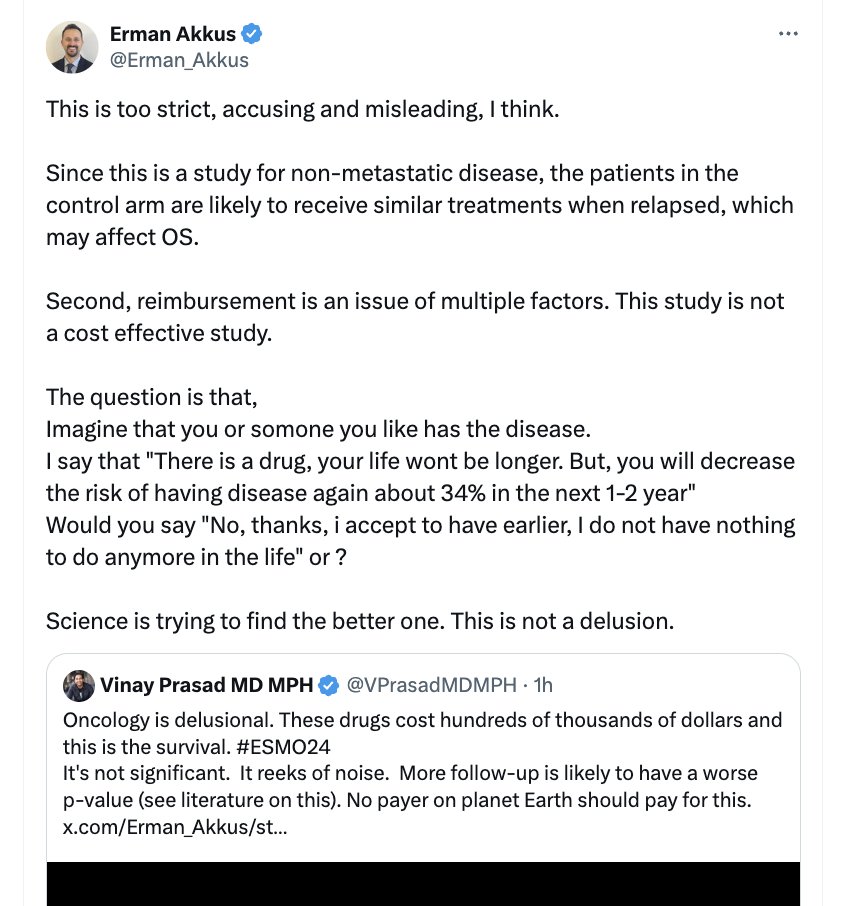The path back to normal will be rocky
Much of it is the fault of distorted news/ social media
People need to realize a few things
[thread]
nytimes.com/2021/09/07/us/…
Much of it is the fault of distorted news/ social media
People need to realize a few things
[thread]
nytimes.com/2021/09/07/us/…
First, the best thing an adult can do to lower their own risk of bad covid outcomes is get vaccinated
Second, over the next decade it is inevitable that all people on earth will encounter the virus. Just a matter of time, but cannot be avoided
Second, over the next decade it is inevitable that all people on earth will encounter the virus. Just a matter of time, but cannot be avoided
Third, after vaccination, you will have as good chances as you can possibly have
Fourth, life is not zero risk; never has been, never will be
We have always accepted risk, and we will yet again (many already are)
Fourth, life is not zero risk; never has been, never will be
We have always accepted risk, and we will yet again (many already are)
Fifth, the more you postpone or delay things that make us human (after vaccination) the more you suffer, spiritually and mentally, and may not even recognize it
Sixth, cloth masks did not work in an unvaccinated population in bangladesh, only surgical masks worked
Sixth, cloth masks did not work in an unvaccinated population in bangladesh, only surgical masks worked
Seventh, this RCT does not generalize to vaccinated cohorts, but if you wish to generalize, I would not cloth mask
Eight, professors reluctant to teach b/c vaccinated students unmasked should consider that they cannot control the environment in all aspects of life...
Eight, professors reluctant to teach b/c vaccinated students unmasked should consider that they cannot control the environment in all aspects of life...
They will get exposed.
And since cloth masking failed, whether or not kids cloth mask will not even change time to exposure.
And since cloth masking failed, whether or not kids cloth mask will not even change time to exposure.
Ninth, difficulty in resuming life is why nearly all pandemic guidance prior to 2015 warned to engage in the least disruptions possible...
..
...
..
whoops
..
...
..
whoops
Tenth, testing asymptomatic, vaccinated people and finding sars-cov-2 is unlikely to be useful in most settings, and certainly not young people who are vaccinated
These companies should be running RCTs, instead they got market share easily
These companies should be running RCTs, instead they got market share easily
Eleventh, the more you disrupt life for PCR or antigen positive results without significant numbers of ill people, the more you pay the price of restrictions without possibility of countervailing benefit
Twelfth, you can screw up many parts of life, but screwing up school for young kids any longer is untenable
Thirteenth, if you distort risk perception, then society will be unable to think clearly about myocarditis, boosters and vaccinating kids...
...
....
...
whoops again
...
....
...
whoops again
• • •
Missing some Tweet in this thread? You can try to
force a refresh








